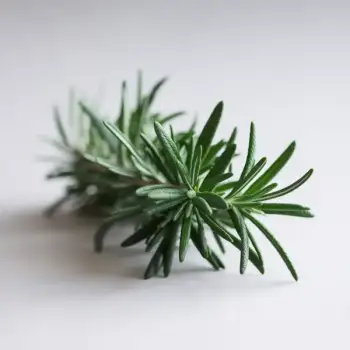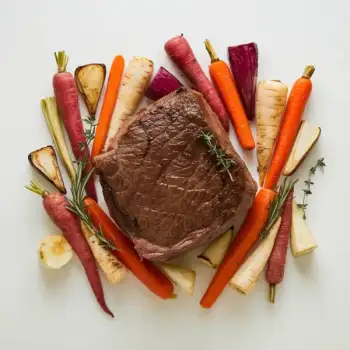


Dried
Dehydrated rosemary leaves, convenient for storage and a more concentrated flavor, suitable for longer cooking processes.
Ground
Rosemary leaves that have been dried and ground into a fine powder, used for even distribution of flavor in spice blends and rubs.
Infused oil
Oil that has been flavored with rosemary, perfect for dressings, marinades, or as a finishing oil.
Fresh sprigs
Whole, unprocessed rosemary sprigs, ideal for infusing flavor into dishes or as a garnish.




infused oil: Colavita
dried rosemary: McCormick

Grilling: Laying sprigs of rosemary over coals or on the grill grates imparts a smoky, herby flavor to grilled foods. You can also use rosemary branches as skewers for kebabs, infusing the meat or vegetables with its flavor as they cook.
Infusing: Rosemary can be infused into oils or vinegars to create flavorful dressings or cooking mediums. Heat gently with oil or vinegar and let it steep for a period, then strain out the rosemary before using.
Roasting: Rosemary is excellent for roasting, as it stands up well to high heat and complements the natural flavors of roasted meats and vegetables. Place sprigs of rosemary on top of your roast or mix minced rosemary with oil to create a marinade.













